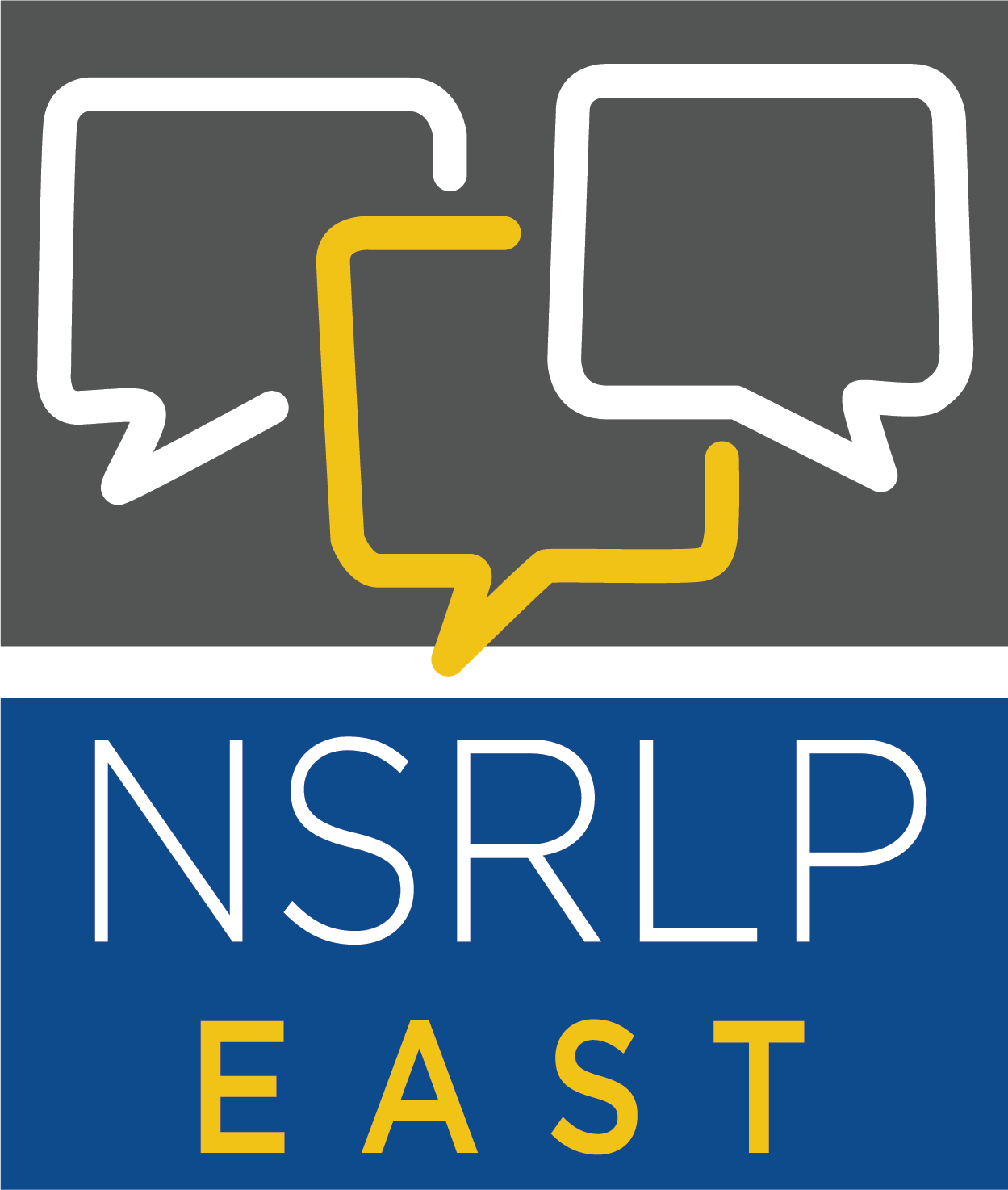Nova Scotia Legal Aid is an integral resource for low-income folks seeking representation in Court. But, what happens when someone is denied Legal Aid for a criminal law matter and cannot afford counsel on their own?
Self-represented litigants facing this problem can request court-funded counsel through a process known as a Rowbotham application.
A Rowbotham application is an application made through the Courts and is based on the decision in R v. Rowbotham, 1998 CanLII 147 (ON CA). This benchmark case found that, in some cases, a person cannot receive a fair trial without legal counsel, as is their right under the Canadian Charter of Rights and Freedoms. In a Rowbotham application, the onus is on the applicant to prove they’ve been denied legal aid, they cannot afford a lawyer on their own, that they face a serious charge (in that it carries a likelihood of imprisonment on conviction) and cannot represent themselves due to the complex nature of the charge(s).
Considerations in a typical Rowbotham application only become more complex where there is an Aboriginal or treaty rights defence being raised. As detailed in R v. Marr 2019, NSSC 327, two members of the Sipekne’katik First Nation were charged with Fisheries offenses. They wanted to raise an Aboriginal or Treaty Rights defense to these charges but they required the assistance of counsel to do so. While they were successful at the trial level, on appeal their request for state-funded legal counsel was denied.
At the trial level, the trial judge recognized that bringing an Aboriginal or Treaty rights defense would be difficult without the assistance of counsel. Without the assistance of a lawyer, the claimants may be denied their important rights.
At the appeal level, however, it was decided that the claimants had not produced enough evidence of what exactly their defense might be in terms of Aboriginal and Treaty Rights, and their application for state funded counsel was denied.
When an accused is left to represent themselves in Court, their defense may not be as robust as one delivered by legal counsel. This is especially so in the context of complex legal arguments such as Aboriginal and Treaty rights arguments. As well, a lawyer’s understanding of the etiquette, legal procedures, evidentiary requirements, and experience navigating case law, necessarily gives them an advantage.
As we can see from the case of Marr, for some, not being able to access court-funded counsel may mean that they cannot effectively raise their Aboriginal and Treaty Rights because there are such complex legal arguments involved. In this case, in order to be found to qualify for state-funded counsel to help them with their Aboriginal or Treaty Rights claims, the applicants had to have enough legal knowledge to set out for the judge how complex their claim would be. This kind of legal knowledge may not be possible for all self-represented litigants advancing such a right. This may have profound implications for access to justice for Indigenous persons in Canada.

